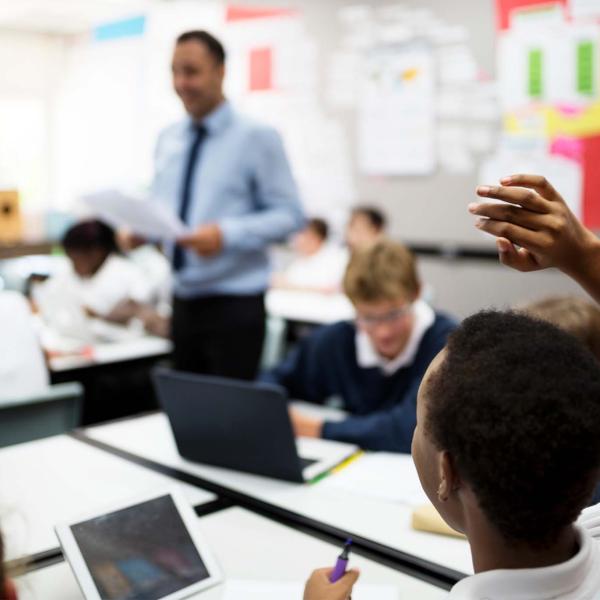New research shows that raising the level of mothers’ education pays large intergenerational returns with kids benefiting, for example, from extra parental investment in their education. Policies that promote women’s education should take account of this in their design and evaluation.
Authors

Research Fellow Yale University
Costas is a Research Fellow of the IFS and a Professor of Economics at Yale University and a Visiting Professor at University College London.

Research Fellow University College London
Pedro is a Professor of Economics at University College London and an economist in the IFS' Centre for Microdata Methods and Practice (cemmap).

Research Fellow University of Surrey
Matthias is a research Fellow of the IFS, a Professor in the School of Economics at the University of Surrey and a Research Fellow at the IZA.
Comment details
- Publisher
- Vox
Suggested citation
P, Carneiro and C, Meghir and M, Parey. (2007). Maternal Education, Home Environments and the Development of Children and Adolescents [Comment] Vox. Available at: https://ifs.org.uk/articles/maternal-education-home-environments-and-development-children-and-adolescents (accessed: 30 June 2024).
More from IFS
Understand this issue

What are the challenges in getting debt on a falling path?
28 June 2024

Election Special: Your questions answered
27 June 2024

What is the two-child limit in benefits?
27 June 2024
Policy analysis

Free breakfast clubs in schools: what Labour’s plans would mean for pupils and families
25 June 2024

How should we interpret parties’ public spending pledges this election?
23 June 2024

The uncertain course for school and college funding over the next parliament
19 June 2024
Academic research

Sustaining behavioural change: Evidence from rural Pakistan
27 January 2023

6th World Bank/IFS/ODI Public Finance Conference | Driving Progress: Public Finance and Structural Transformation
